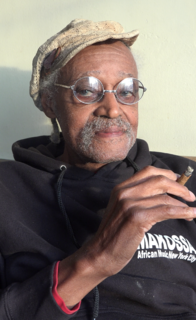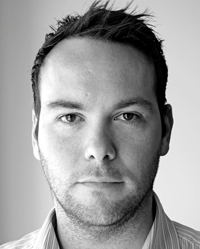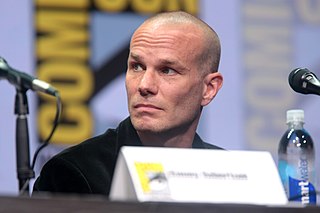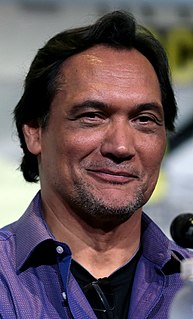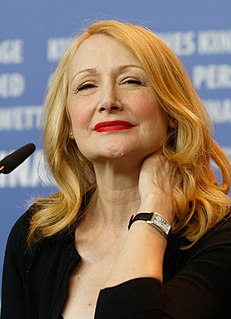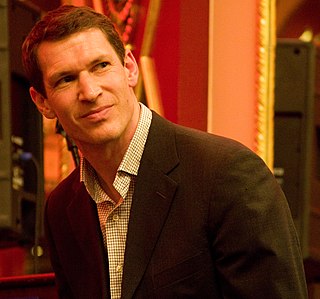A Quote by Melvin Van Peebles
Before I made 'Sweetback,' I had a three-picture deal with Columbia and enough juice, if I was real clever with it, to proclaim that I wanted to do an independent film.
Related Quotes
Martin Scorsese was one of the few who had not been an assistant. Most of the guys had been an assistant and worked their way up. But I had seen an underground picture he had made in New York, a black-and-white film. I had done a picture for American International, about a Southern woman bandit, the Ma Barker story, and it was very successful, and I had left to start my own company, and they wanted me to make another one.
I was very blessed it was Steven Spielberg who made the movie. He was very much into the redemption side of the story. They asked him in an interview why he had owned the rights to this story for 20 years before he made the movie, and he said, 'I wanted to see what the real Frank Abagnale did with his life before I immortalised him on film.'
The deal was we had to have people accompanying us and they would ask us not to film something [in North Korea]. For example, we wanted to film at a certain place and there happened to be a building under construction and it didn't look as fancy as the other buildings, so they wanted us to shoot where everything looked finished and made a good impression of the cityscape.
I had made a list of about ten things that I remembered from the original 'Total Recall' before I went back and watched. It had been about twenty years. I wanted to write it out before I watched it again. And I felt if those things stayed with me long enough, those are the things that I wanted to highlight.
In the case of my second film The Fish Child (El Niño Pez), I had written the novel about 5 years before I made into a film. In the case of The German Doctor I had published the novel a year before I started writing the script, I even had another project to shoot. But I had this idea of the powerful cinematic language from the novel that I couldn't let go of.
